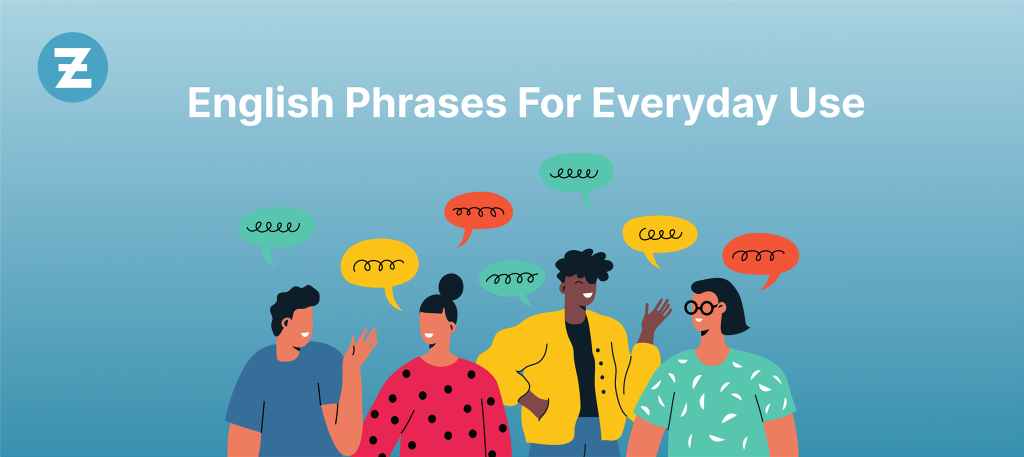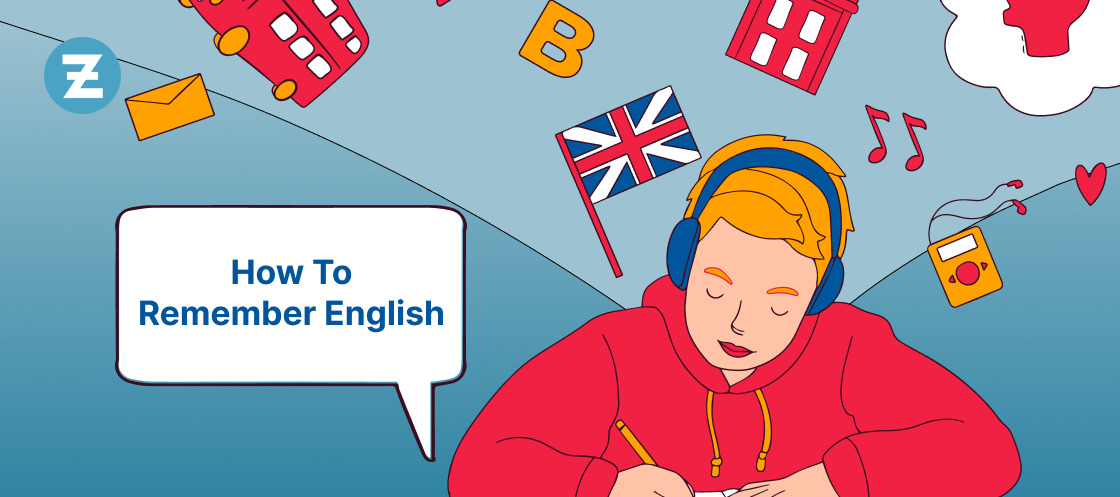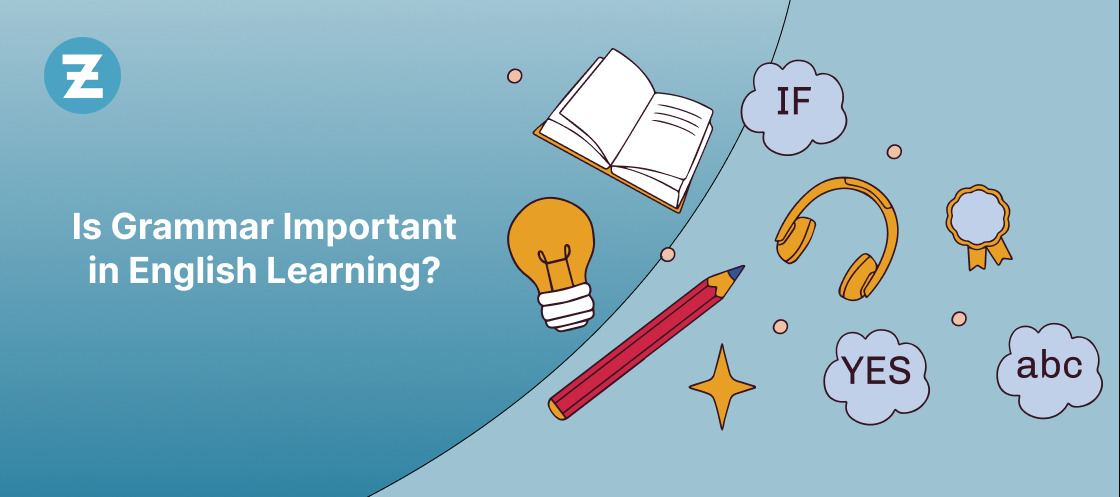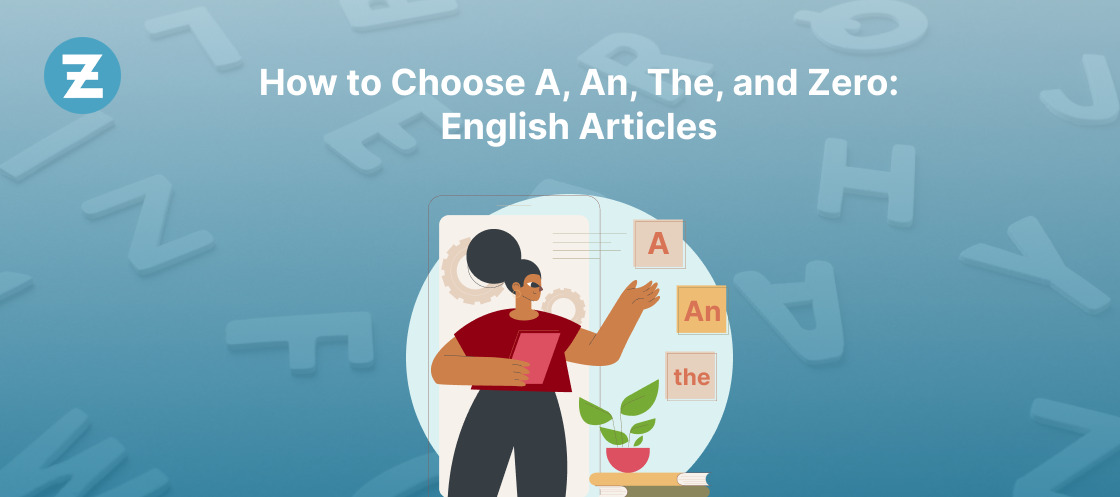In our daily lives, we often use common English phrases and sentences to communicate with others. Whether it’s greeting someone, making a request, expressing gratitude, or apologising, these common English sentences are essential for effective communication; knowing common sentences in English can help you communicate better daily.
In this blog, we will explore a variety of common English phrases for everyday use. By learning these phrases, you can improve your conversation skills and feel more confident in your daily interactions.
So let’s dive in and explore some of the most common English phrases used in daily life.
What’s up?
“What’s up?” is a commonly used English phrase to greet and converse with individuals in different circumstances. It can inquire about someone’s well-being or start a dialogue.
This expression can be utilised in different circumstances and settings. For instance, it can be used as a simple greeting when meeting someone, to start a conversation, check up on someone’s well-being, and inquire about the latest news or updates on a particular topic.
To use the phrase correctly, you should say, “What’s up?” followed by the other person’s name. For example, you could say, “What’s up, Tom?” or “What’s up, Sarah?”
change one’s mind
“Change one’s mind” is an idiom often used in everyday conversations. It refers to someone who has altered their opinion or way of thinking.
Speaking this phrase is easy. It can be used in various contexts, such as in conversation, writing, or speech. It can also be used to describe a person’s reaction to something.
Here is an example of how to use the phrase in a sentence: “The teacher changed his mind about the essay assignment after hearing his students’ feedback.”
In this example, the phrase “change one’s mind” describes how the teacher had a different opinion after hearing his students’ feedback.
Daily, you might use this phrase when making plans with friends or family or discussing a decision with a colleague or supervisor. By understanding and using common English phrases like “change one’s mind,” you can communicate more effectively and express yourself clearly in various situations.
Cut it out!
Cut It Out! is a common English phrase that indicates a strong desire to stop or prohibit a particular action. It is typically used as a command to reprimand someone for doing something wrong or inappropriate.
To speak this phrase, you can say, “Cut it out!” in a firm but not aggressive tone. It can be used in various situations, such as when someone is making a loud noise, talking too much, or engaging in annoying behavior. For example, if someone is tapping their pen loudly on a table, you might say, “Hey, cut it out! You’re making a lot of noise.”
give someone a hand
“give someone a hand” is the most commonly used English expression daily. It is used to assist someone else in a helpful, encouraging way. In its most basic sense, giving someone a hand means offering help.
The phrase “Do you need a hand?” can be used in various situations. For instance, it can be used to offer help with carrying heavy bags, moving furniture, or completing a task that may be challenging for someone. It can also be used more broadly to ask if someone needs help.
For example, if someone struggles to carry a heavy box, you might say, “Here, let me give you a hand with that.” Or, if someone is having difficulty understanding a concept, you might offer to explain it by saying, “Do you need a hand with that? I’m happy to help.”
Read also: 20 Phrases to Immediately Improve Your English for Beginners
in ages
The phrase “in ages” is a common English language idiom that is used to describe a long period that has passed. It is often used to express surprise at how much time has elapsed since something occurred. The phrase has been used for many years and is widely understood in English-speaking countries.
This expression has been used for numerous years and is comprehended throughout English-speaking nations. To articulate this phrase, you may say, “It’s been so long since I’ve seen you!” or “We haven’t spoken in ages.” It is a relaxed and informal approach to convey astonishment at the duration of time that has transpired.
For example, if you encounter a friend you haven’t seen in a long time, you might say, “Wow, I haven’t seen you in ages! How have you been?” Or, if you are reminiscing about a past event, you might say, “Can you believe it’s been ages since that happened?”
Things happen
“Things happen” is an oft-used phrase that conveys a larger meaning than the words themselves.
The phrase is used to refer to events that occur, both good and bad, that are outside of one’s control, and it is a reminder to accept life’s circumstances. It can also be used to remind someone that life is unpredictable and that it is important to remain flexible and open to changes.
When spoken, the phrase “Things happen” is typically used as a response to a situation or occurrence that has taken place. For example, if a friend tells you they have had a difficult day, you can respond with “Things happen” to show that you understand and sympathize with their situation.
drop someone a line
The phrase “drop someone a line” is commonly used to mean “to contact someone, usually via letter or email.” This expression is often used to express the desire to communicate with someone, whether it is to catch up or to ask a question. It is a polite way to reach out to someone and can be used in professional and informal settings.
To use this phrase, you can say something like “I’ll drop you a line later” or “Why don’t you drop me a line sometime?” It is a casual way to suggest communication.
For example, if you want to keep in touch with a friend after moving away, you might say, “I’ll drop you a line next week and let you know how things are going.” Or, if you want to follow up with a colleague after a meeting, you might say, “Why don’t you drop me a line with your thoughts on that proposal?”
take it easy
The phrase “take it easy” is an imperative command to remain calm and relaxed. It is often used to help someone manage stress and avoid
overreacting. This phrase can encourage someone to enjoy the moment and not worry about the future.
To use the phrase in conversation, you can say, “take it easy.” For example, if a friend feels overwhelmed or stressed, you could say, “Hey, take it easy – everything’s going to be alright.” It would be understood as an invitation to take a break.
Alternatively, if you’re in a hurry, and someone is taking their time, you could say, “Come on, take it easy – we don’t have all day.”
bite off more than one can chew
“Bite off more than one can chew” is a common English phrase used to describe a situation where someone takes on more than they can handle.
It sometimes describes an individual who has taken on more tasks or responsibilities than they can realistically manage. This phrase can describe various situations in which someone has taken on more than they can realistically handle.
For example, if a friend considers taking on a new job and has several other responsibilities, you might say, “Don’t bite off more than you can chew; it’s important to balance your workload.” Or, if a colleague is struggling to complete a project on time, you might say, “I think you’ve bitten off more than you can chew. Let’s look at how we can prioritize and delegate tasks.”
come up with
“come up with” is a common English phrase used to express the idea of creating or inventing something.
For example, you might say: “I need to come up with a solution to this problem.” This sentence implies that the speaker seeks a creative solution and needs help.
In addition to being used in problem-solving contexts, “come up with” can also describe creating something from nothing. For example, you might say: “I need to come up with something new for my project.” This sentence implies the speaker is looking for a new idea or concept to add to their project.
That’s so kind of you
“That’s so kind of you” is one of the most common English phrases and sentences used in everyday conversation. It is an expression of gratitude and appreciation for someone who has done something for you. It is often said in response to kindness or gesture and implies a feeling of thankfulness and appreciation.
To use the phrase correctly, you should start by expressing gratitude for the other person’s gesture. You may express gratitude by saying, “Thank you so much for your kindness. I appreciate it.”
For example, imagine a colleague has just offered to help you with a project at work. In response, you could say, “That’s so kind of you,” with a warm smile. This simple gesture conveys that you appreciate their help and are grateful for their offer.
Could be better
The phrase “Could be better” indicates that something is not as good as it could be. It can be used in various contexts, from expressing dissatisfaction with a situation to offering constructive criticism.
To use the phrase correctly, one should convey the desired meaning. For example, if you are expressing dissatisfaction with something, you could say, “This could be better,” instead of saying, “This is bad.” This phrase can also suggest an improvement, such as “This would be better if we added more color.”
Another example, you might say, ‘This sandwich could be better’ if you were served a sandwich that was not as fresh or tasty as you had expected.
Read also: Professional English Words To Use In Workplace
That’s a good one
“That’s a good one” is one of the most common phrases in English and is used in various contexts. This phrase indicates approval or agreement with someone’s idea, opinion, or suggestion.
When using this phrase, it is important to remember to use a supportive and friendly tone of voice. It should be a phrase you use to show support and appreciation rather than a challenge or criticism.
For example, if your friend were to tell you about a difficult project they are working on, you could respond with, “That’s a good one! I’m sure you can do it”. It would be an appropriate way of expressing support and encouragement rather than challenging.
Final Thoughts
Learning common English phrases for everyday use is essential for effective communication in the language. These phrases are the building blocks of conversation, and understanding them is crucial for anyone who wishes to communicate in English. With the help of free language learning apps like Zoundslike, you can easily learn and practice these common sentences in English and build your vocabulary and fluency. With consistent effort, you can master the art of using common English sentences daily and become a confident language speaker.
So, don’t hesitate to start your language-learning journey with this app and take advantage of the benefits of being proficient in English.








